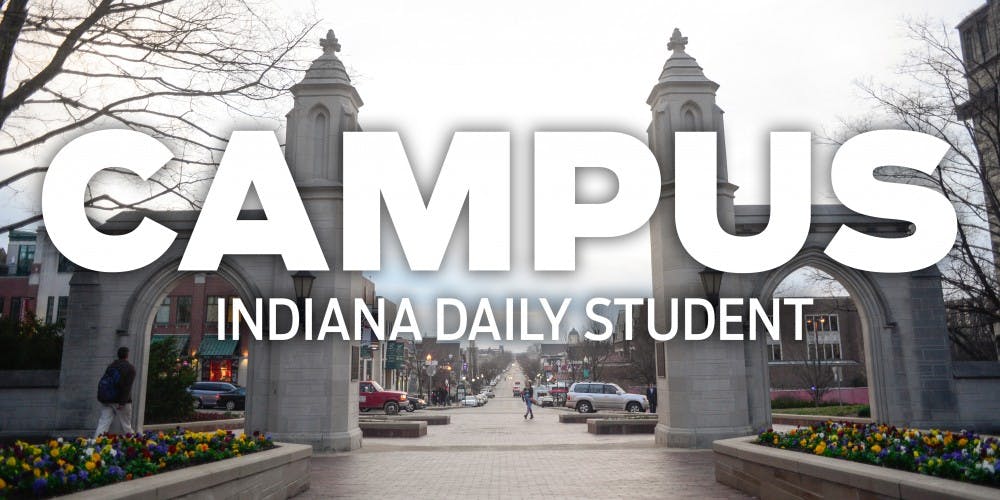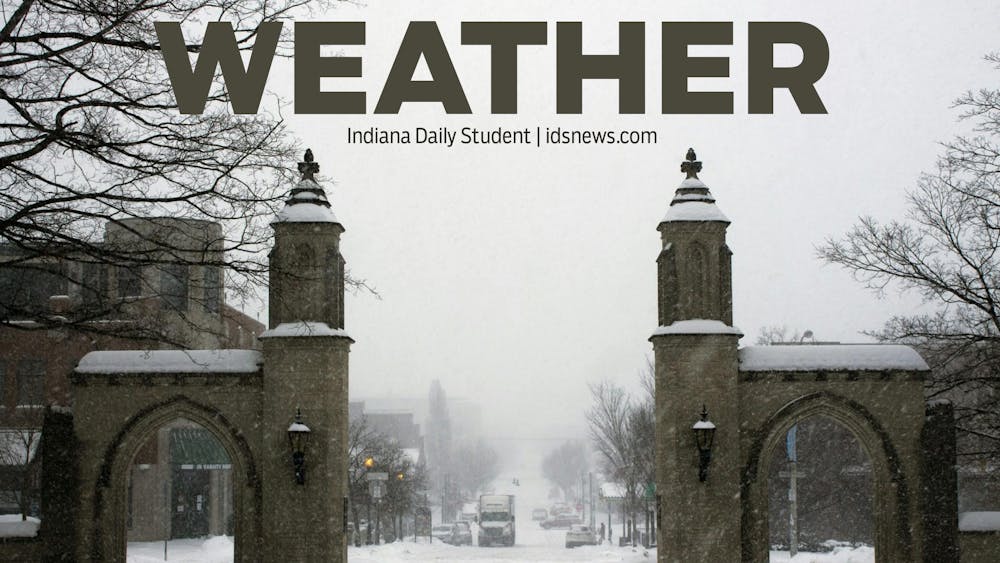Four panelists discussed the relationship between the United States and Russia on Monday after a few weeks into the Trump administration.
From 6 to 7 p.m., the IU School of Global and International Studies auditorium had a full house. The auditorium became intimate and conversational as the speakers engaged in discussion and, later, took questions from the audience and from one another.
Maria Lipman, senior author and an editor-in-chief of Counterpoint, an electronic journal that offers scientific, forensic and technology education, started the evening’s discussion about how Russia and influential leaders are responding to President Trump’s election to office.
"Russia is strong," Lipman said. "It's time to make peace with the U.S."
Lipman mentioned how Russian leaders are becoming incredibly skeptical of Trump and his administration in general due the significant media coverage. Lipman said television has overdone it.
Another panelist, IU professor of political science Regina Smyth, discussed Russia’s current role in the world.
In previous years, Russia’s primary involvement in international affairs involved oil, Smyth said. The conversation turned to Russia’s historical conflicts with Georgia.
“Russia is not the poor cousin of the global order anymore,” Smyth said.
Panelist and professor in the School of Global and International Studies Emma Gilligan spoke next on Russia’s current challenges, including the predicament of political prisoners.
“There are about 40 in Russia right now, most charged for extremist crimes without a lot of evidence," Gilligan said.
Chechnya, a federal subject of Russia, has struggles of its own that prove incredibly serious — torture is prominent in many areas, Gilligan said. The question, she said, is whether humanitarian efforts in this region can survive and succeed enough to make a difference.
Gilligan said people on an everyday level still suffer.
People with disabilities and those without health care are two groups that are primarily affected. Gilligan and others said they wonder if Trump and his administration will interact with or negotiate on these issues.
The last speaker of the evening was Lee A. Feinstein, IU’s dean for the School of Global and International Studies. After a primarily international-oriented discussion, Feinstein discussed the domestic perspective.
Feinstein noted the historical divide between individuals who promoted global trade and a general openness and those who would rather build walls and segregate international powers. While the U.S. has primarily been seen as falling into the former category, Feinstein said it’s not so black and white anymore.
“Now there’s an open question as to what the views of the U.S. are,” Feinstein said.
Feinstein concluded the discussion with a pivotal point. For the past 20-25 years, every president has said he wants to improve U.S.-Russian relations, but every presidency has come and gone with the affairs worsening, Feinstein said.
The event concluded with a time for questions and answers from audience members. Guests were encouraged to attend a reception with refreshment in the atrium of the Global and International Studies building after the panel.






